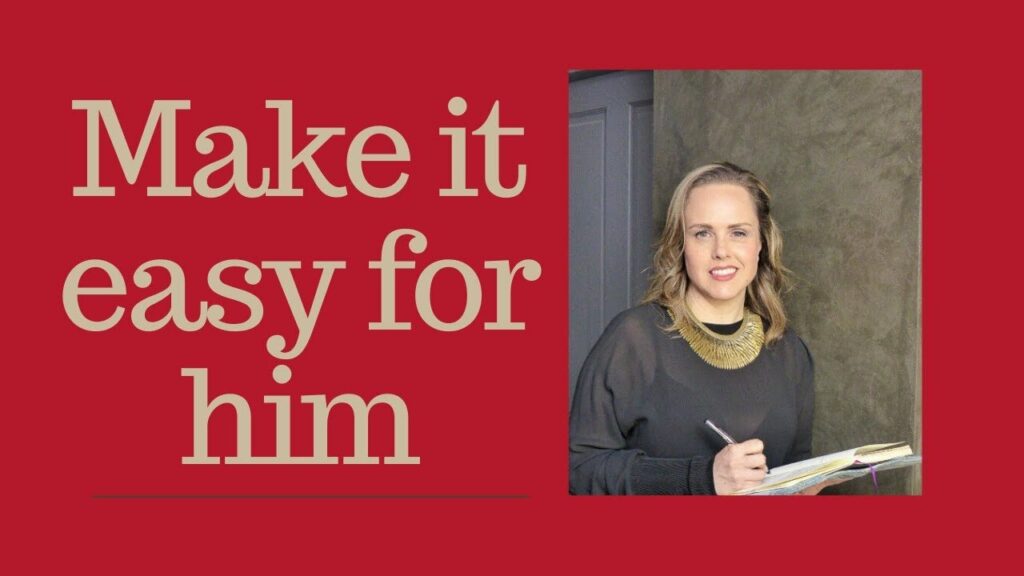What might you, Maya Angelou and Michelle Obama all have in common? Self-doubt perhaps? Otherwise known as ‘impostor syndrome’, it affects women, no matter how accomplished or well-qualified they are, far more than it does men. On book tours for her bestseller ‘Becoming’, Michelle Obama exposed this frailty when admitting to feeling like an imposter most of the time. Similarly, the acclaimed novelist Maya Angelou admitted: “I have written eleven books, but each time I think, ‘uh oh, they’re going to find out now. I’ve run a game on everybody, and they’re going to find me out.'”
When I was writing my first book ‘Beyond the Boys’ Club: Strategies for Achieving Career Success as a Woman Working in a Male Dominated Field’ I was amazed at how many accomplished women struggle with the sense that at any day, they’ll be ‘found out’ for how little they know. Women who lead large teams, women with a slew of qualifications behind their name, women who are seen as leaders in their field – the kind of people most of us aspire to be. In many ways, a book about successful women, wouldn’t have been complete without tackling Impostor Syndrome.
That’s not to say men too don’t struggle with feelings of self-doubt as well. It is widely claimed they simply hide it better than women – the ‘fake it till you make it’ mentality, of which there’s likely to be some truth. However, I would also add that amongst the corporate clients I advise, historically led by men, the credibility and commitment of women is indeed more likely to be questioned. If the man who takes off for his child’s sports day is seen as a ‘dedicated dad’ but the woman who does the same is seen as ‘not committed’ – is is any wonder women begin to buy the idea they are less credible and experience a creeping sense of self-doubt?
Doubt is contagious. This is particularly true if there are few role models around her with whom she identifies. Asking the more accurate question ‘Will I succeed here?’ starts to bleed into the more undermining question: ‘Will I succeed?’ Conversely, if you are a white male, native speaker in the country in which you work, feeling uncertain, looking around and seeing lots of leaders ahead of you with whom you identify is reassuring. It also ‘seeps’ into your identity to creates a sense of security and certainty that you are likely to be on the right path – the opposite of self-doubt.
In the 25 years I have focused on the psychology of professional women, I’d advise 3 truisms:
- Accept Impostor Syndrome is part of the package. I have yet to meet a professional woman from any field who has completely dispensed with self-doubt. No matter how old, no matter how accomplished. The goals is not to overcome it, it’s simply to work around it. I once ran a workshop for professional females on risk-taking and overcoming indecision. One of the delegates, a woman with a sciences PhD admitted quietly to the larger group that she often felt like a fraud at times. I asked the group who else felt that way at times. Every single hand was raised—much to her relief when she cried out: ‘I thought I was the only one!’ If you think success can come to you only once you are perfectly sure of yourself, you will be waiting forever. Successful working women have moments, even days of self-doubt … but they still know they can make the most of any situation and overcome mistakes they will make along the way.
- Own the wins that seemed impossible before you did them. I grew up struggling with maths and let that define my boundaries for a long time. So when deciding on how to collect the data for my PhD, I specifically chose statistical modelling. I knew it would be hard, but I needed to shed my fear of maths or risk always defining myself as ‘Suzanne: She’s a good talker, but terrible at maths’. As I now begin the daunting task of writing my third book, I remind myself: ‘I’ve done this before – and at least this time I’ve already been through the learning curve!’ We often diminish struggles we’ve managed to handle simply they’re in the ‘rear-view mirror’ of life.
- Accept self-doubt as a ‘gift’. Clearly, this is the ill-fitting gift you didn’t want, the one in the terrible colour where you’d like to say to the giver: ‘‘Really, you shouldn’t have!’ But impostor syndrome can still be a gift – if you act on it. That feeling is the key motivation which keeps people listening to others, motivates them to improve, and encourages them to be empathetic. In fact, recent research has highlighted that competence and confidence are actually inversely correlated. That is the more confident you become, the less you worry about and therefore try to improve your competence. As a coach who works with senior leaders, this is worrying stuff. No doubt you’d rather have a highly competent team working with you than one that is just highly confident?
Like Obama and Angelou, know that feeling like a fraud at times keeps you growing. It keeps you on your mettle. They certainly didn’t go with the 1st thing they ever created – much like you, they knew they had to hone their craft and get stronger (which Obama clearly does with those amazing arms!) Just like them, it’s likely to take you a lifetime. The only way to ‘get over’ self doubt’ is to learn instead to ‘coexist with doubt’.



